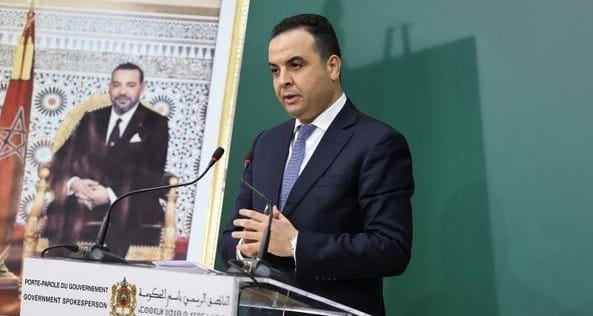The shattering revelations of the Wall Street Journal, on February 25, as for the jump in imports from the Maghreb countries of Russian oil did not go unnoticed on the side of our Moroccan neighbors.
During a press briefing at the end of the Council of Government, on March 3, Baitas indicated that the importation of Russian diesel remained under the bar of 10% during this government mandate and that previous, adding that “the import volume stabilized at 9% in 2020 and 5% in 2021 to culminate again at 9% in 2022”, imputing this to “freedom of import”.
Since the beginning of the year, the average price of diesel, whatever the source, “has remained almost the same because it obeys the law of supply and demand,” he explained.
In the same context, the Minister Delegate said that Morocco has not skimped on efforts with regard to the importation of Russian coal, which has made it possible to control the cost of producing electricity to the kingdom.
The Wall Street Journal had published, on February 25, that Moroccan imports of Russian diesel, which had been established at around 600,000 barrels for the whole of 2021, jumped at 2 million barrels in January 2023.
The kingdom would have received no less than 1.2 million additional barrels in February, according to data collected by The Wall Street Journal.
According to the same media, Tunisia, which had imported almost any Russian oil product in 2021, began to strongly buy diesel, diesel or even petrol.
The country acquired 2.8 million barrels of Russian petroleum products in January 2023 and would have imported 3.1 million additional barrels in February, the daily said.
Unlike Morocco, no Tunisian officials reacted to the revelations of the American media.
A silence that can be interpreted in several ways. One of them would be that the importation of Russian oil is a sovereign decision to Tunisia and acquires any justification.








